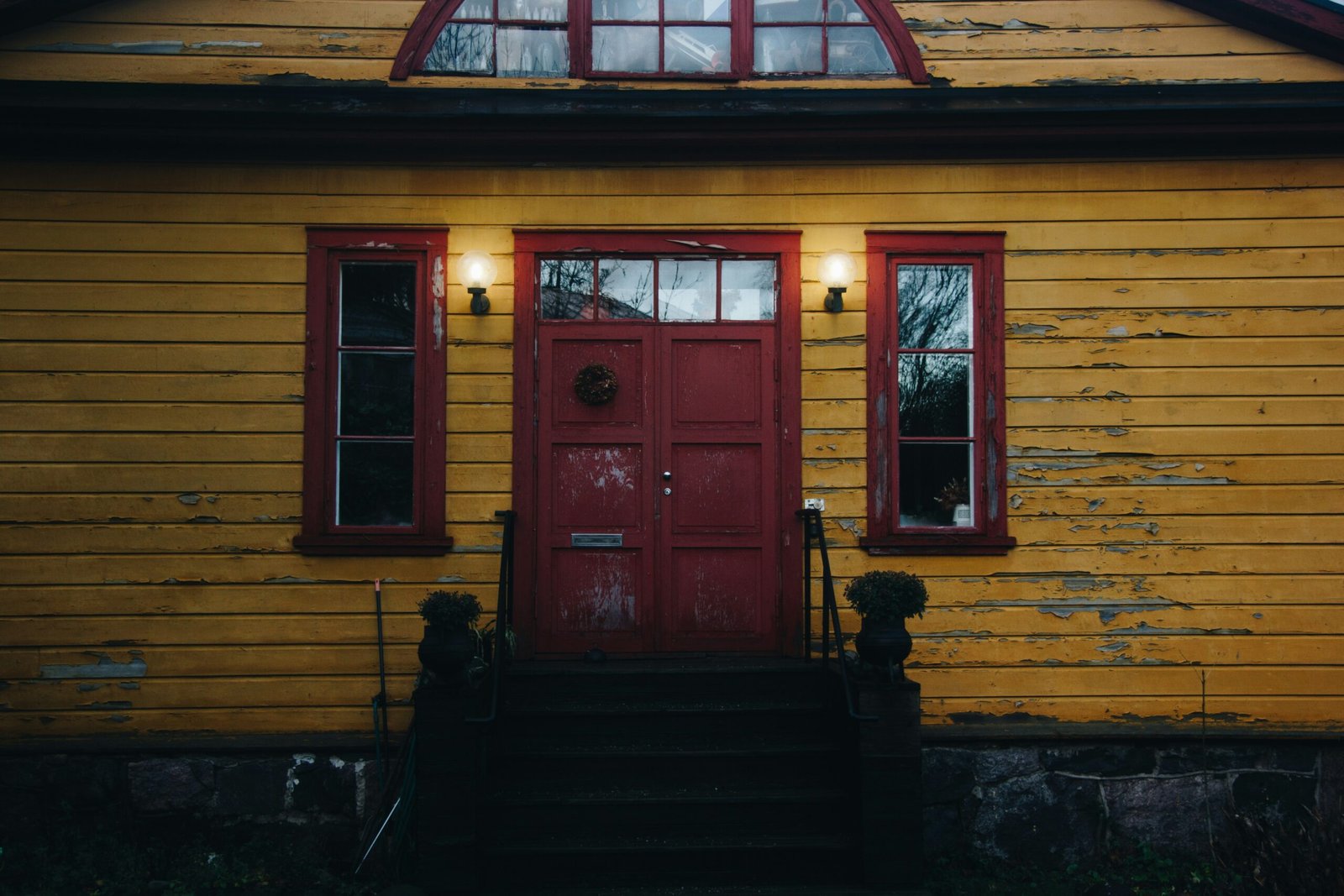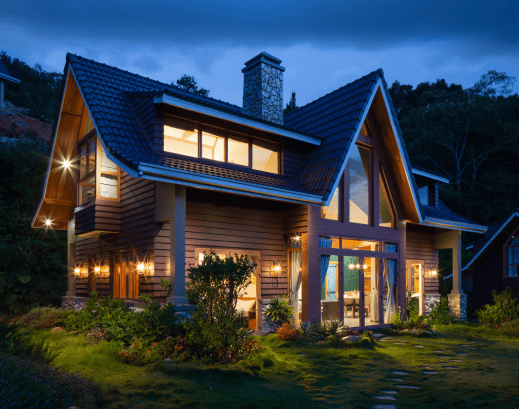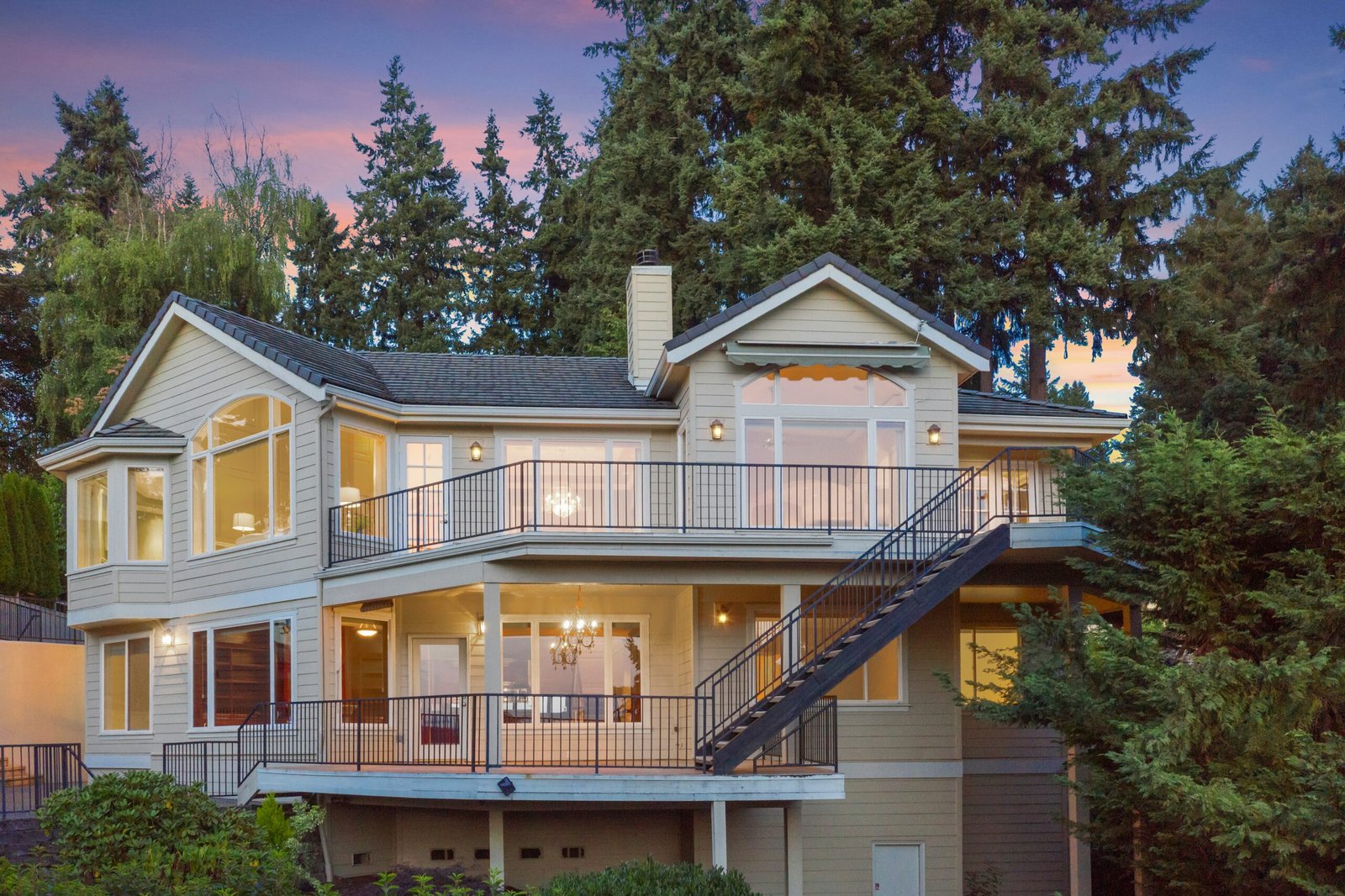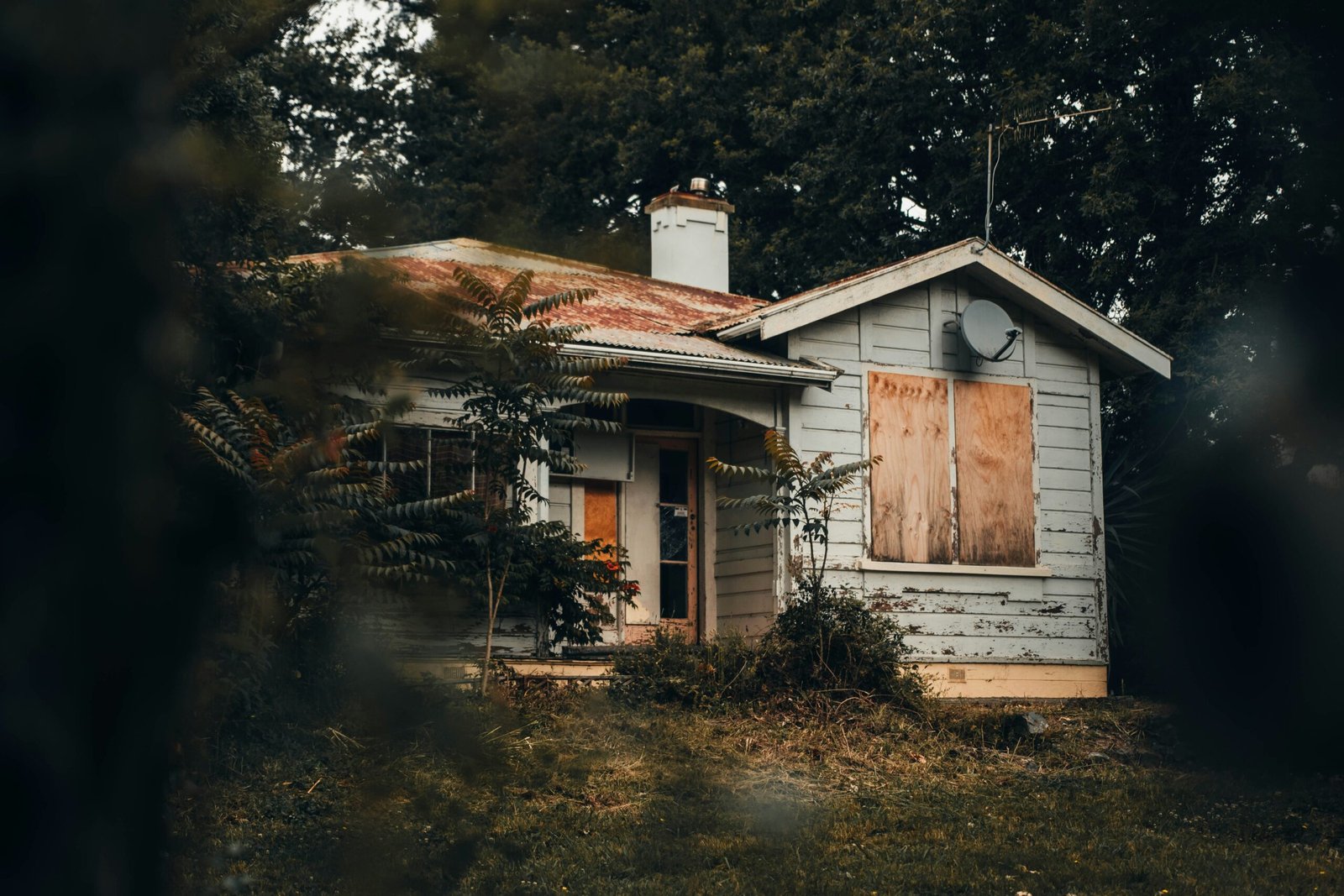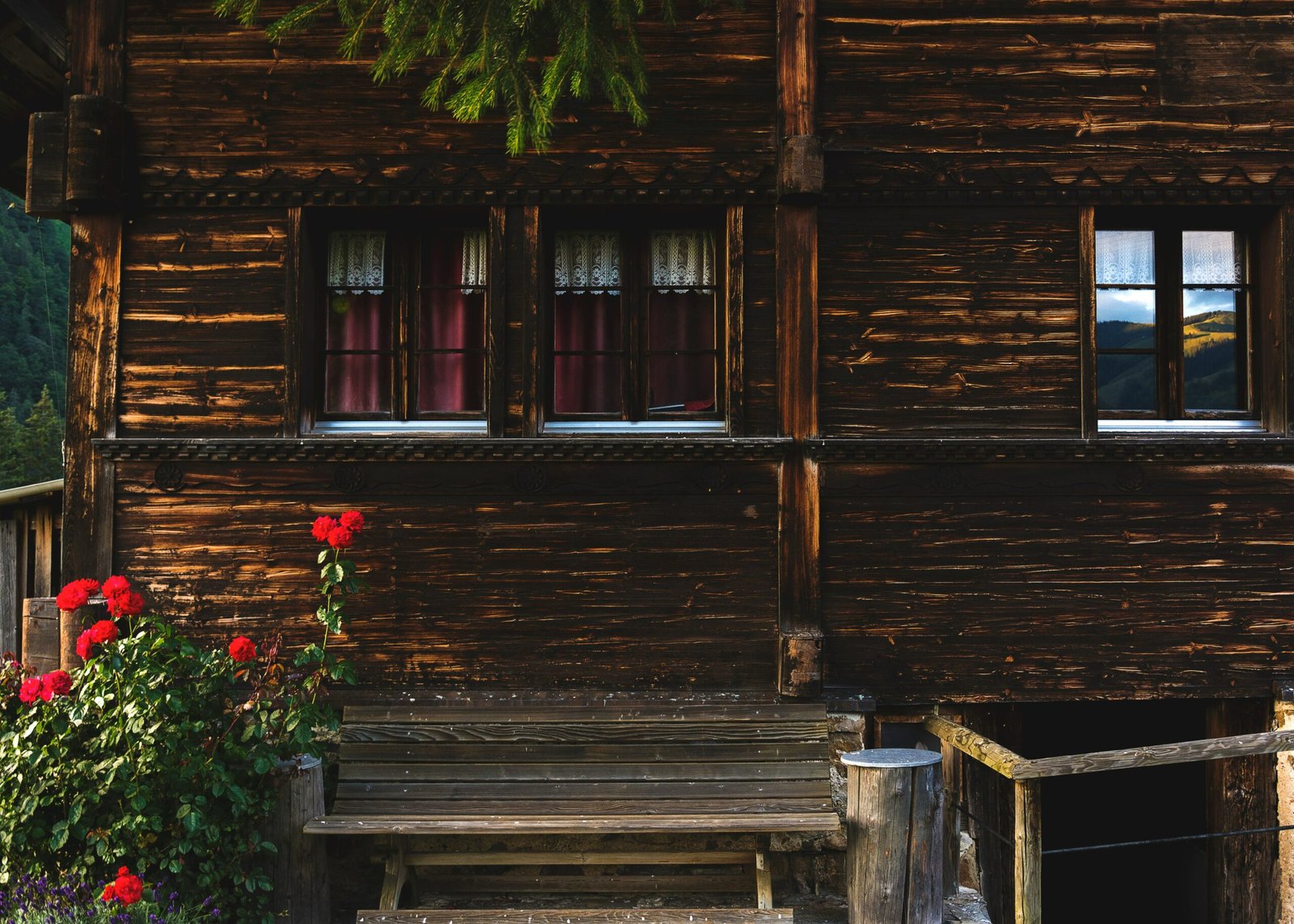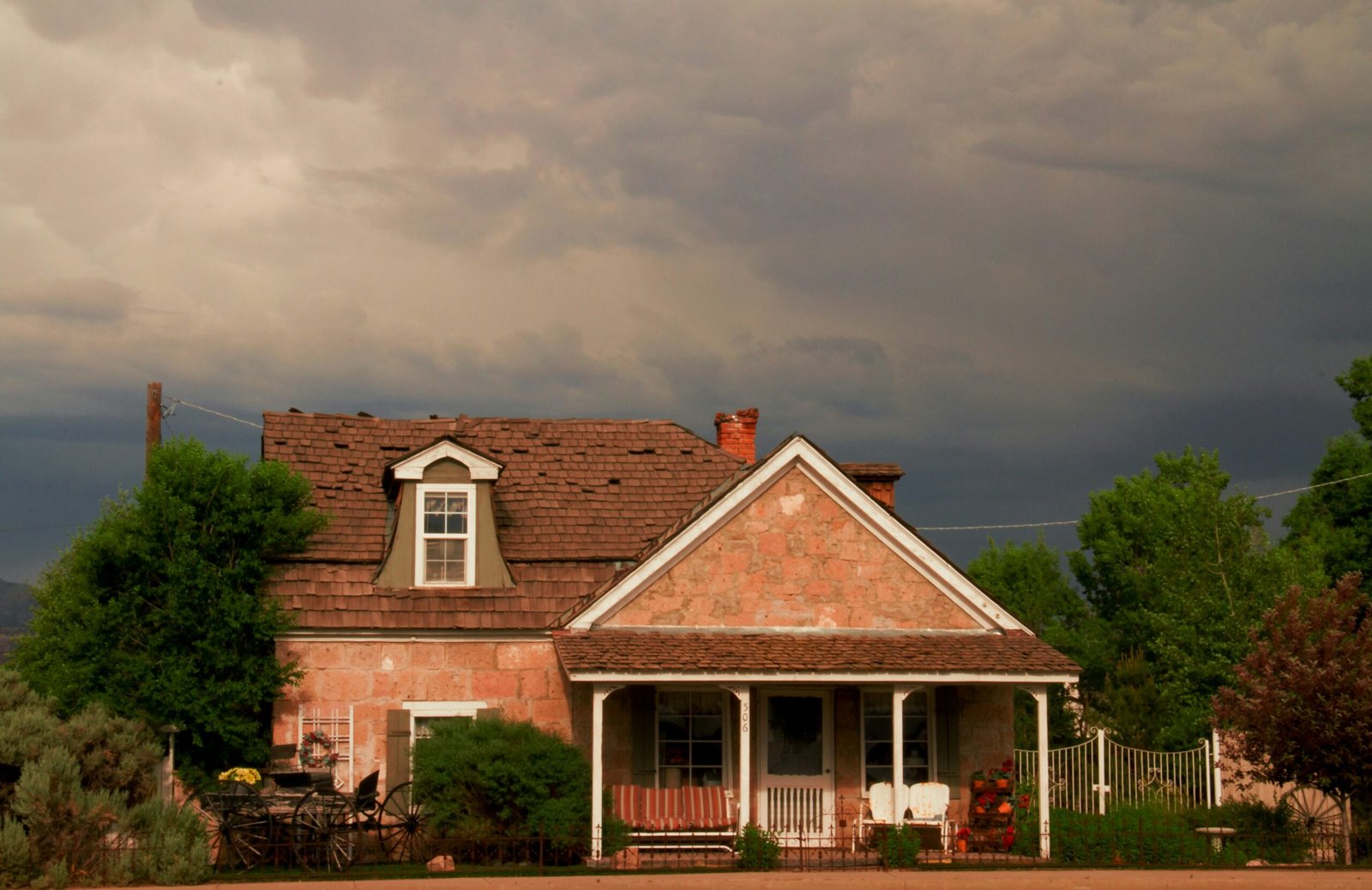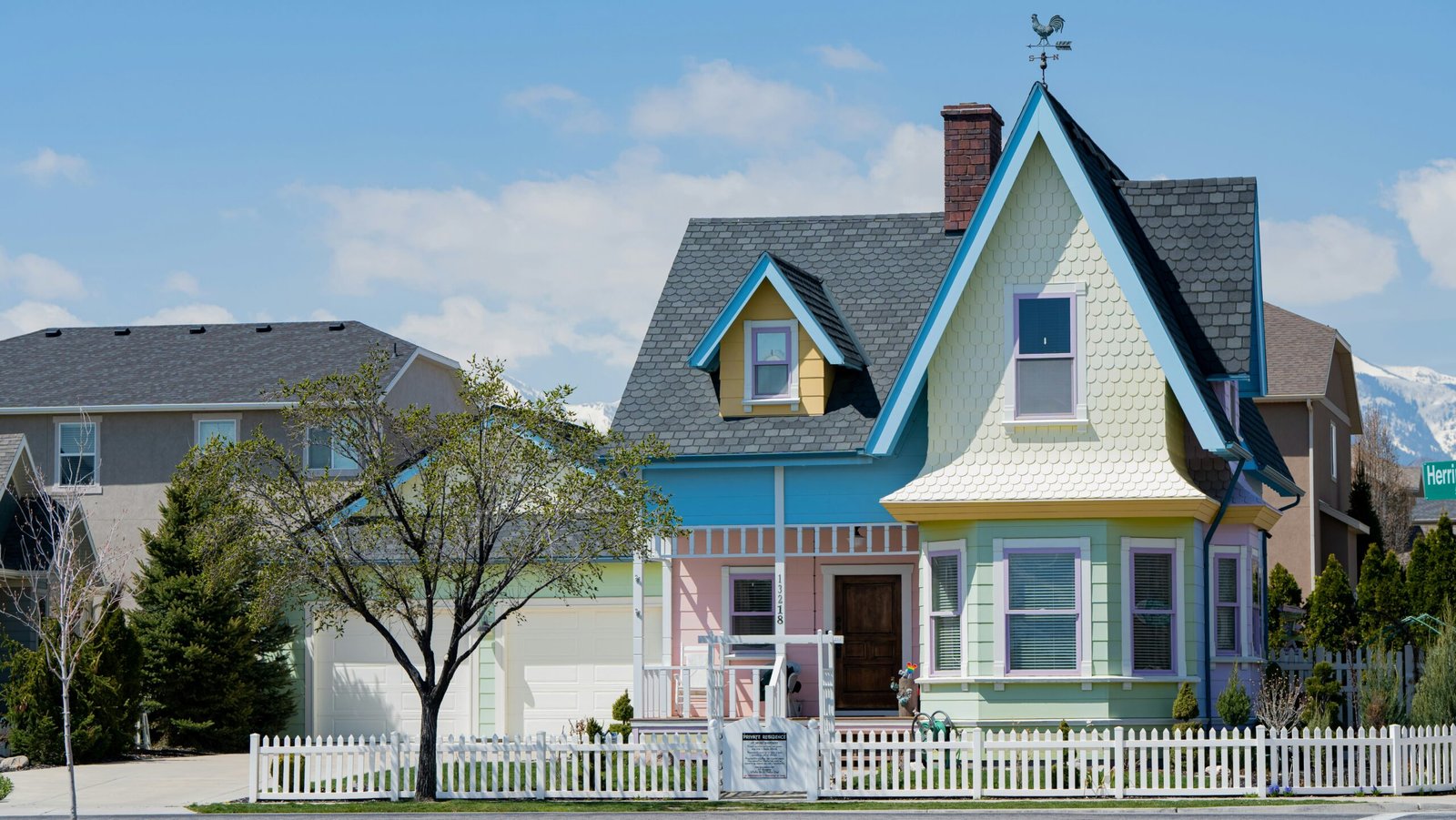A sudden gush of water from a burst pipe can turn your peaceful home into a flooded nightmare within minutes. Whether it's winter's freezing grip or aging plumbing, burst pipes can cause extensive water damage and costly repairs. But here's the big question — are burst pipes covered by homeowner’s insurance?
Let’s break it down.
When Does Homeowner’s Insurance Cover Burst Pipes?
In most standard policies, homeowner insurance typically covers burst pipes if the cause is sudden and accidental. For example, if a pipe bursts due to an unexpected freeze or a pressure build-up, the damage it causes is generally included in your coverage.
✅ Homeowner insurance protects against unexpected events like water damage from burst pipes, depending on the policy terms and exclusions.
However, if the pipe burst was due to neglect, poor maintenance, or slow leaks that went unrepaired for weeks, your claim might be denied. That’s why regular home maintenance and inspections are crucial — both to avoid damage and maintain your eligibility for claims.
What’s Typically Covered?
Here’s what’s usually covered under a standard policy in a burst pipe scenario:
Water damage to walls, ceilings, and floors
Damage to personal belongings
Repairs to the home’s structure
Mold remediation (if the mold was a result of the burst pipe and not due to prolonged neglect)
Burst pipes insurance doesn’t always include the actual repair of the damaged pipe itself. That may fall under routine maintenance, which isn't typically covered.
When Are Burst Pipes Not Covered?
Not all water-related damage gets a green light from your insurer. Here are some cases when your burst pipes insurance may not apply:
If the home was unoccupied for an extended period and the water system wasn't properly winterized
If the burst was caused by poor maintenance or known plumbing issues
If it’s classified as long-term leakage rather than a sudden event
Homeowners should review their policy to understand any exclusions or conditions around water damage coverage.
Do You Need Additional Coverage?
Depending on where you live and the condition of your plumbing system, you might consider add-ons or endorsements to your policy. Water backup coverage, service line protection, or a separate plumbing plan can add an extra layer of financial security.
If you’re a landlord or a property investor, pairing homeowners insurance with broader protections like General Liability insurance may be beneficial. That way, you're covered not just for property damage, but also for third-party claims involving tenant safety or structural issues.
Tips to Prevent Burst Pipes
Preventative care is your first line of defense — and it also helps avoid the stress of denied claims. Here are a few simple steps:
Insulate exposed pipes in cold areas
Keep your home heated during extreme winter
Allow faucets to drip during freezing weather to keep water flowing
Shut off and drain water lines if leaving the home for an extended time
Schedule routine plumbing inspections
Final Thoughts
Burst pipes insurance can offer peace of mind, but only if you’re proactive. Understanding your homeowner’s policy, preventing damage through maintenance, and acting fast when emergencies strike can save you from financial and emotional stress.
Need tailored advice or want to explore comprehensive protection plans for your property? Visit the Homeowners insurance service page to learn how to better safeguard your home today.
